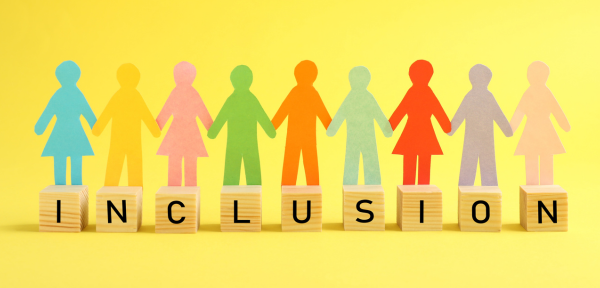Towards more inclusive post-secondary opportunities: a report by EASPD

The transition from school to post-secondary education (PSE) or further training is a key moment in the life of all individuals. This is a time when people have access to a wide range of new opportunities, both to discover themselves and to acquire the skills that will eventually help them realise their dreams. Such opportunities range from enrolling in higher education to participating in apprenticeships and vocational trainings.
However, accessing these opportunities comes with additional obstacles for many young people with intellectual disabilities and, as a consequence, they find themselves at a higher risk of exclusion from PSE and the workforce. The substantial gap in PSE options for young people with disabilities is evident across Europe and requires urgent attention, as well as tailored initiatives to foster inclusion. This is when EASPD’s state-of the-art report comes into play.
With this study, EASPD’s Member Forum on Education gathered comprehensive data on the current status of inclusive PSE for people with disabilities aged 18 to 24. The guiding objective is to increase awareness on the rights of young persons with intellectual disabilities and implement strategies to ensure that they have access to high-quality and inclusive education, which should be tailored to their needs and prevent discrimination.
The results outlined by the report aims to serve as a foundation for EASPD and its members, as well as other organisations working in the field, and contribute to the formulation of future policies on inclusive education both at the European and national levels. For this purpose, the report lists a series of recommendations, which include:
Establish external and internal evaluation systems to monitor the quality of inclusive education practices.
Foster collaboration between PSE institutions and other stakeholders, both at the local and international level.
Invest in research to further explore the experiences of young people with disabilities in PSE.
Implement specialised training programs for lecturers to equip them with the necessary skills to effectively meet young people with disabilities’ needs.

